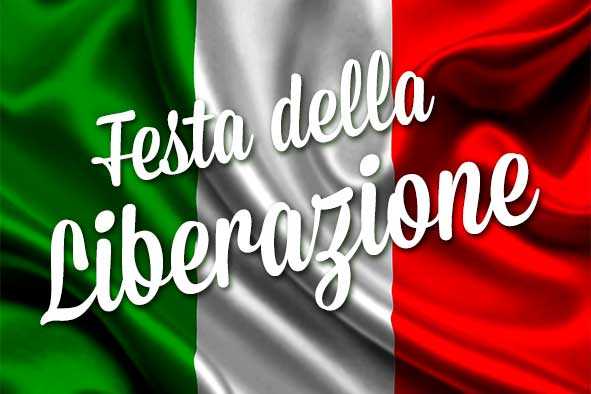
Last Saturday was “Liberation Day” here in Italy. Hand on heart, my knowledge of history and politics is shameful, but I’m 95% sure that I’m not the only British person to have had no idea of this celebration’s existence before moving here. Luckily (and I say this despite the many hours of him talking my ears off) I found an intelligent guy who is passionate about both history and politics, so have come to understand the huge cultural significance of this day, even I’m sure I will never be able to appreciate it as much as a native. But hopefully I can share at least part of the spirit with you.
The “Festa della Liberazione” or “Liberation Day” is a celebration of the liberation from nazifascist rule, and is commemorated on the 25th April as this was the day Milan and Turin, two of Italy’s most important cities, became free from such rule.
The after-effects of fascism in Italy hit me early on in my time here. Although in England we throw this word about, it’s often simply used as a synonym for facism or bigotry. On coming to Italy, I realised we could never really understand it in comparison to a country who truly experienced it and whose modern history is built on this experience; on the popularity of Mussolini, on the resistance against these ideals, and eventual overthrowing of it which was followed by shortly after by the abolition of the monarchy and forming of the Italian Republic.
There are signs of it everywhere, even just within my local area. One of the main squares in Brescia city centre, Piazza Vittoria, was designed by a leading figure in fascist architecture, Marcello Piacentini, and on its inauguration in 1932 saw Mussolini himself at the ceremony. Not to mention that even closer to home, just a few kilometres north of me on Lake Garda, lies Salò: the headquarters of the Italian Social Republic, one of the last attempts to instill fascist doctrine in northern Italy – which was already seeing the Resistance forces of the Partigiani (more on them later) – and one of the last places to fall…sadly, also, one of the places still very much divided on “how bad was Mussolini, really?”
This is always the part that shocks me most: that there are still several areas of Italy who believe il Duce ie the Duke Mussolini was actually good for the country, that the only mistake he made was siding with Hitler. He brought the regions together, he created jobs, he was making them a rich, proud nation. The Partigiani, or Partisans, a citizen made army who resisted the nazifascist doctrine, are even demonised as communists: although true that some members were communists, the party was actually made up of a mix of political sides, their opposition bringing them together.
The Partigiani might ring a bell even to those who haven’t studied history, but have heard Bella Ciao, recently brought to international fame through Netflix’s Money Heist. Bella Ciao has been the anthem of anti-fascism since its adoption by the Partigiani in the Resistance between 1943-1945, and is rung out around the nation on 25th April each year in local parades and celebrations. I highly recommend taking a look at a translation of the lyrics, it’s impossible not to feel the sense of freedom fighting and pride.
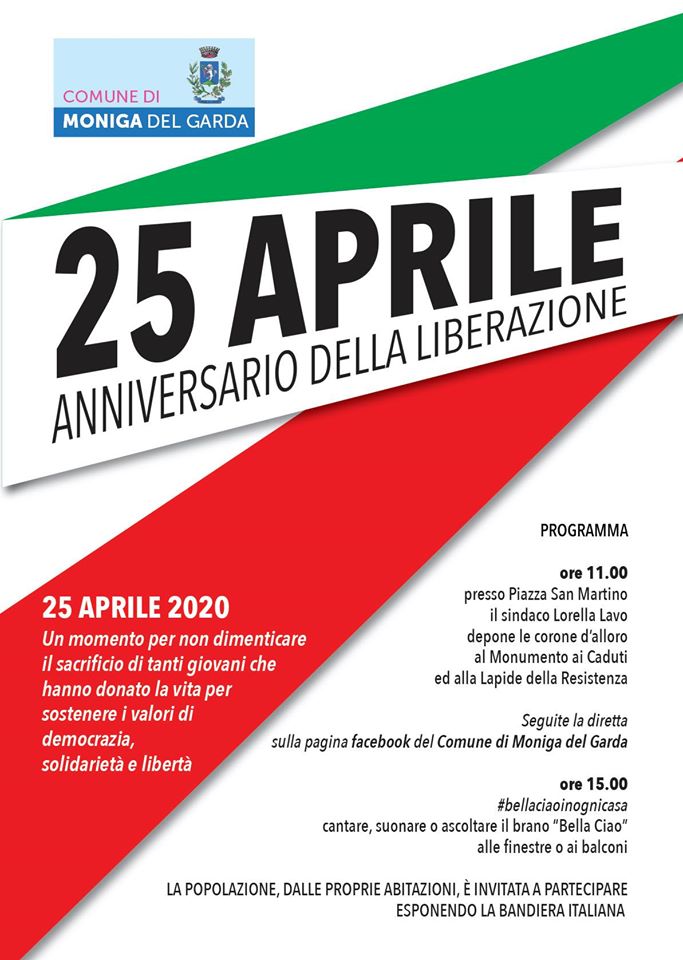
This year of course there were no parades, but that won’t stop the Italian spirit: we got the notice from our local council that at 3pm on the 25th, Bella Ciao should be played from every balcony and through every open window. The same happened across the country, highlighting that while fascism might still be unnervingly alive, there are many willing to keep it down, even if for now that just means yelling “è questo il fiore del partigiano, morta per la libertà!” (“this is the flower of the partisan, who died for freedom”) once a year. This is exactly why “Festa della Liberazione” is so important. I’ve noted how nazifascism is ingrained in the Italian cultural memory, yet not always as the horror that it should be. Liberation Day is the certainty that once a year people will remember the Resistance, will remember what they fought and sacrificed for, and make sure it never comes to that again.





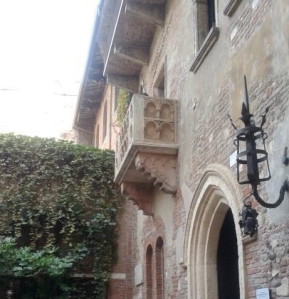
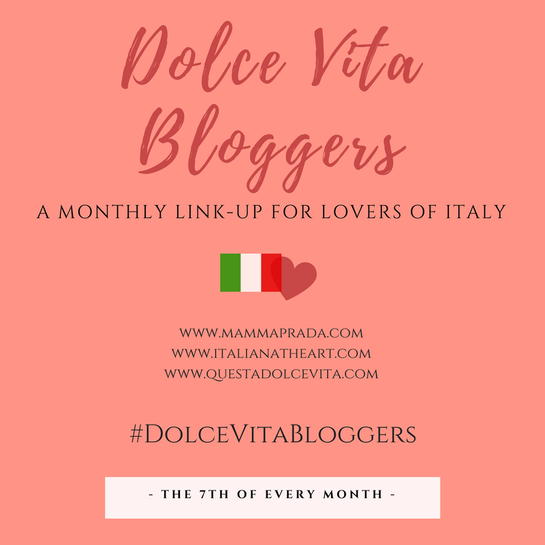
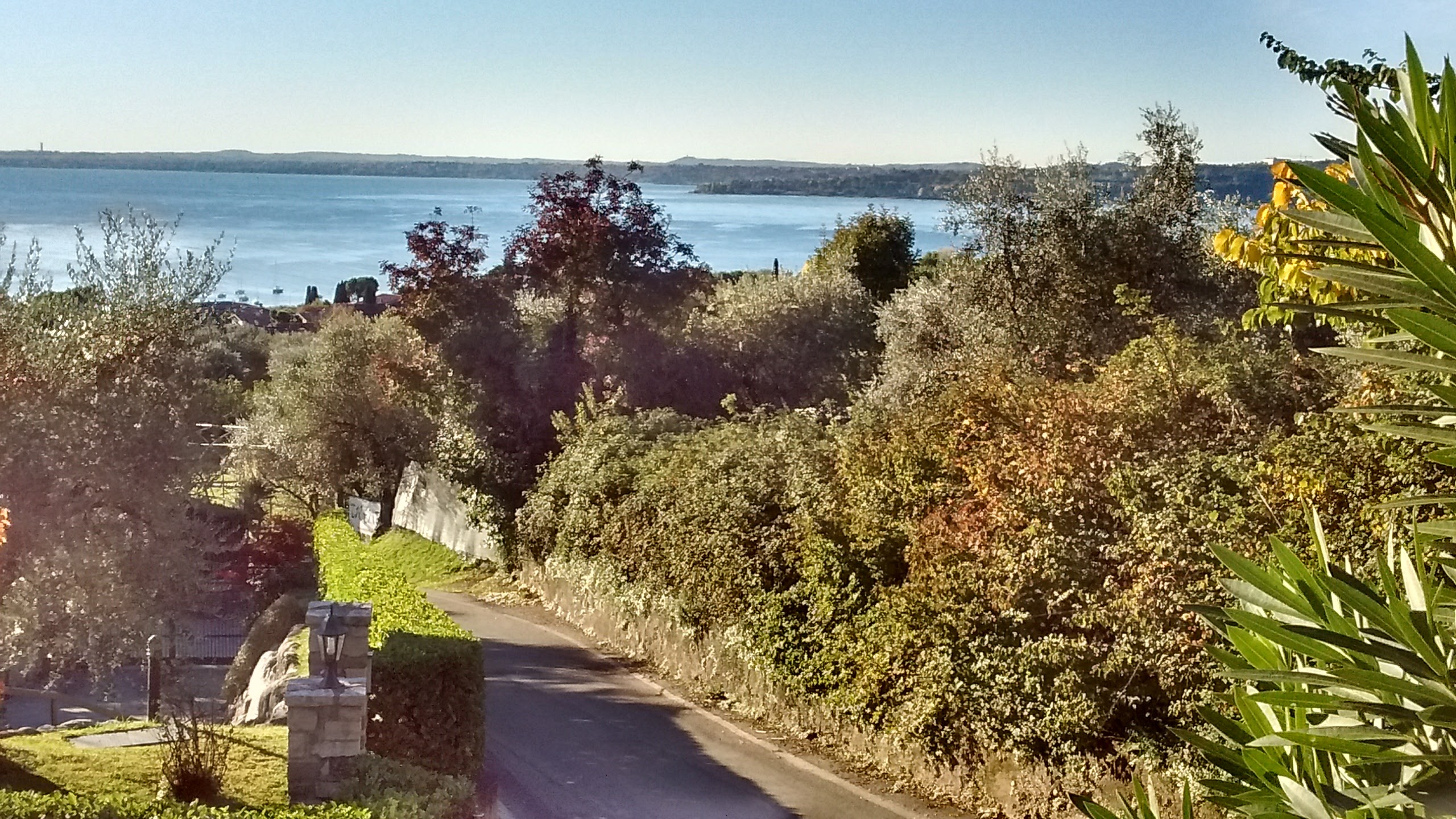 Thanks to my terrible procrastination from lesson planning, I’ve recently come across a few other (much more professional) fellow English speaking expats blogging about Italy.
Thanks to my terrible procrastination from lesson planning, I’ve recently come across a few other (much more professional) fellow English speaking expats blogging about Italy.